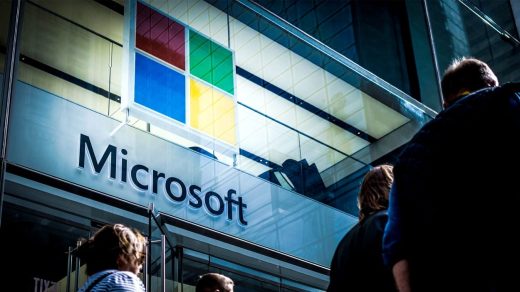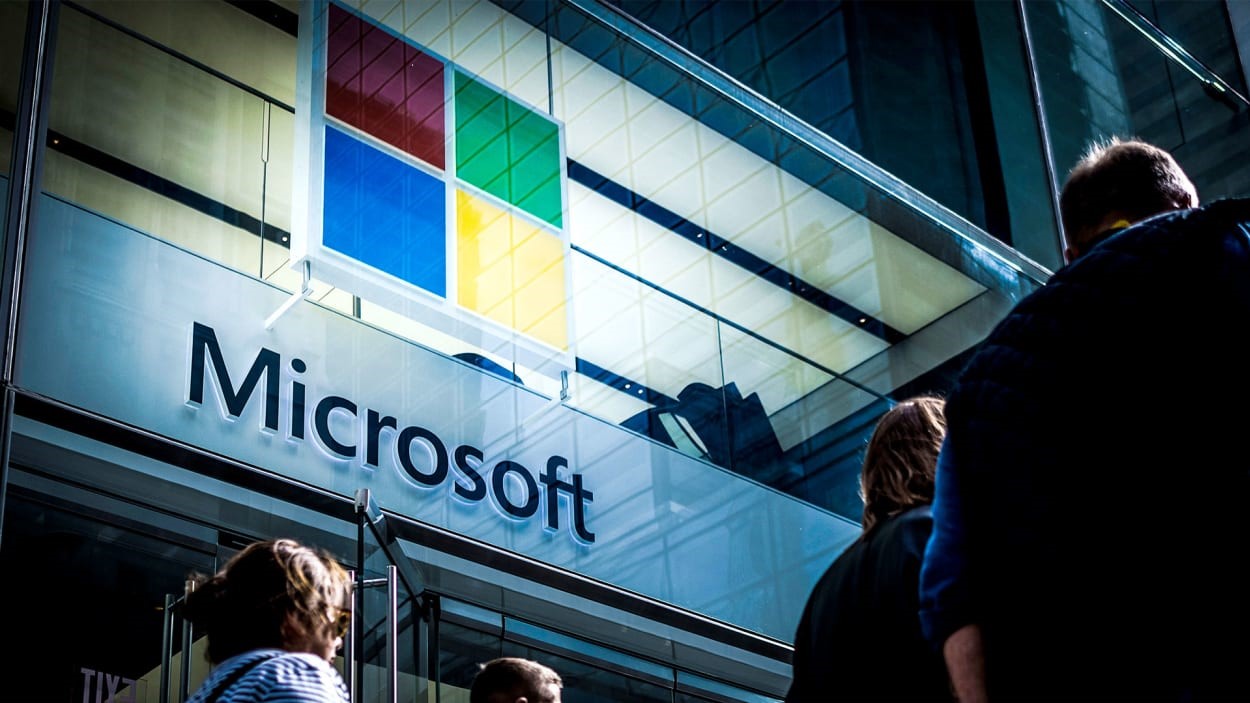Massive Microsoft document leak reveals next-gen Xbox, new games, and surprising Game Pass details
By Chris Morris
An apparent slipup by Microsoft attorneys has revealed a trove of Microsoft’s most closely guarded plans for its Xbox division.
The court documents, which have since been taken offline, were part of the FTC v. Microsoft case and included unredacted emails, reveals of previously unannounced games, a refresh to the current Xbox Series, and a next generation Xbox device, due out five years from now.
The documents were seemingly accidentally uploaded by Microsoft’s attorneys, according to a post on X/Twitter by the FTC’s director of public affairs.
“The FTC was not responsible for uploading Microsoft’s plans for its games and consoles to the court website,” wrote Douglas Farrar. The judge overseeing the case confirmed this in an order to resolve any remaining sealing issues, noting “Microsoft provided the link on September 14.”
Microsoft did not respond to a request for comment about the leak.
Regardless of where the fault lies for the documents, it’s the clearest look to date about where Microsoft could plan to take the Xbox unit (keeping in mind, of course, that plans and dates can, and often do, shift in the video game industry).
Here’s a rundown of the highlights.
A mid-generation console refresh
The Xbox Series X could look a lot different next year, as the documents show Microsoft plans a refresh of the flagship console. Code-named “Brooklin,” the system is more cylindrical than the current monolithic Series X (which has been jokingly likened to a mini fridge). Internal storage will be doubled from 1 TB to 2 TB, and it will not have a drive for physical media. It will also feature a new controller (code-named “Sebile”) that includes an accelerometer, a two-toned color scheme, a rechargeable battery, and a direct connection to the cloud, letting people play anywhere. The company is targeting a November 2024 launch at a price of $499, the same as the current Xbox Series X.
Prior to that, a refresh of the Series S could occur, with the new controller and enhanced Wi-Fi and Bluetooth. That’s slated for a September 2024 release.
2028’s next-generation Xbox
Beyond the 2024 refreshes, the documents also revealed Microsoft’s ambitions for a next-generation machine that would be a hybrid of sorts between a cloud gaming device and a traditional console.
“Our vision: develop a next generation hybrid game platform capable of leveraging the combined power of the client and cloud to deliver deeper immersion and entirely new classes of game experiences,” the company wrote.
The device could cost less than $99, the slide suggested, which might mean this is focused more on handheld gaming than the living room TV, though a device that does both, like the Nintendo Switch, is also possible.
Microsoft envisioned a next generation gaming device that was powered, in part, by artificial intelligence, to help with resolution, latency compensation, and more.
The pitch deck for this system seems to have been put together in 2022, so plans could be radically different by this point. Per the roadmap, though, the first dev kits will make their way to developers in 2027.
Discussions about buying Nintendo
While it was never a real possibility, Microsoft did (and may still) have designs on purchasing Nintendo. In a 2020 email to Microsoft marketing executives, Xbox chief Phil Spencer wrote, “Nintendo is THE prime asset for us in Gaming and Gaming is our most likely path to consumer relevance. I’ve had numerous conversations with the LT [presumed to mean leadership team] of Nintendo about tighter collaboration and feel like if any US company would have a chance with Nintendo we are probably in the best position.”
Later, he added, “getting Nintendo would be a career moment and I honestly believe a good move for both companies.”
Microsoft’s deep pockets for Game Pass and the “disaster situation” for Game Pass
The delay of Bethesda’s Starfield in 2022 left Microsoft in a tough spot. The company had talked about the service’s AAA releases, but none were forthcoming. Spencer expressed frustration in an email about the “huge hole with our games lineup.”
“This is really a disaster situation for us, given all we’ve invested in content,” he continued, later adding, “We set a very high bar in 2021 on quality and pacing of content which was awesome to see. But to come off of that year with no big exclusives launching in 2022 is a portfolio planning miss that we can’t afford. We have to all understand that the situation we are in now is a failure of our planning and production execution.”
Later emails showed what the company expected it would have to pay to lure big releases from third-party publishers onto the service. Star Wars Jedi: Survivor, for instance, carried an expected $300 million price tag, while Mortal Kombat 1 was pegged at $250 million.
Other games mentioned included Dying Light 2 ($50 million), Gotham Knights ($50 million), and Assassin’s Creed Mirage ($100 million). Microsoft has not previously discussed what it pays studios to include their games on Game Pass.
It’s important to differentiate between what Microsoft thought a title would cost and what it was willing to pay, which was not made clear in the documents.
Unannounced games
Included in the leak was a management forecast from ZeniMax, parent company of Bethesda, which detailed several games that have not yet been announced. Among those were:
Some or all of those plans may have changed since the document was written.
The leaks, certainly, are embarrassing for Microsoft, and give gamers (and competitors) a peek behind the curtain the company would prefer wasn’t offered. But it’s unlikely this revelation will have any material impacts on the business unit. While video game companies like their secrets, especially kept from consumers, the industry gossip wire is ongoing—and many of the secrets this document drop showcased were likely, at least, suspected by competitors.
(8)



